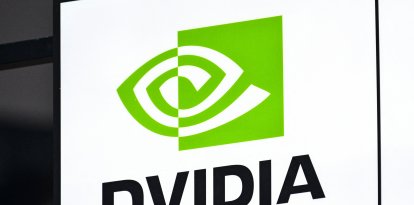Metaverse bubble deflates
Large technology companies such as Disney and Microsoft are walking away from the virtual world project in the midst of layoffs and financial trouble.

Wikipedia
Meta Platforms Inc. for the next decade is sinking. Facebook, which changed its name to go hand in hand with its flagship project, cannot continue to invest in its Metaverse with the same intensity as in 2021. In that year, when the project was presented, the stock market value of Zuckerberg's company fell by 70%. Now, Meta must face the wave of major layoffs and cutbacks affecting most of the world's major corporations.
In March, Disney announced that after the more than 7,000 layoffs necessary to satisfy its shareholders, its division to develop products in the Metaverse would be closed. It is not the only company to jump ship. Microsoft, which also announced some 10,000 layoffs earlier this year, also terminated its development in the virtual world to focus on its artificial intelligence lab, which it implements in its Bing search engine.
A buried project
"The Hype is dead" is a statement that can be read recurrently in forums and specialized magazines when users and commentators give their opinion about Zuckerberg's Metaverse. Over-inflated expectations and the development of a product that failed to find its appeal and therefore its potential customers.
Technology guru John Carmack, who was also the head of VR (virtual reality goggles) headset development, claimed that the Metaverse project is operating at half the efficiency than expected. Zuckerberg himself, who insisted to invest $36 billion in this project, had to relent and restructure Meta's economic plan to accommodate the cuts, leaving Metaverse almost in limbo.
According to technology portal The Street, Reality Labs, the name of Meta's division in charge of its virtual world, had a cumulative loss of $24 billion, $13.7 billion of which vanished in 2022 alone. According to an internal accounts document belonging to prends, Reality Labs will have operating losses that will grow year after year.
The Metaverse as a concept has been in the making since the late 1990s. In the 2000s, the virtual world Second Life took it the furthest. The notion is about a virtual space, governed by its own rules, interactive for the user and persistent, that is to say that the virtual space evolves constantly and without pause. Meta wanted to incorporate new resources such as virtual currencies, NFTs and other elements that will enhance the value of a complete economy in parallel to the real one.

























